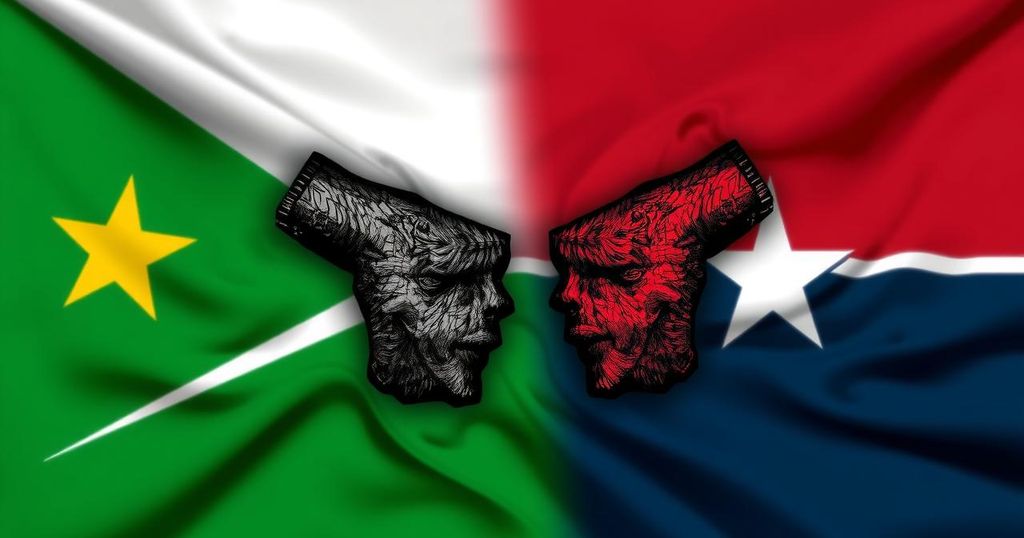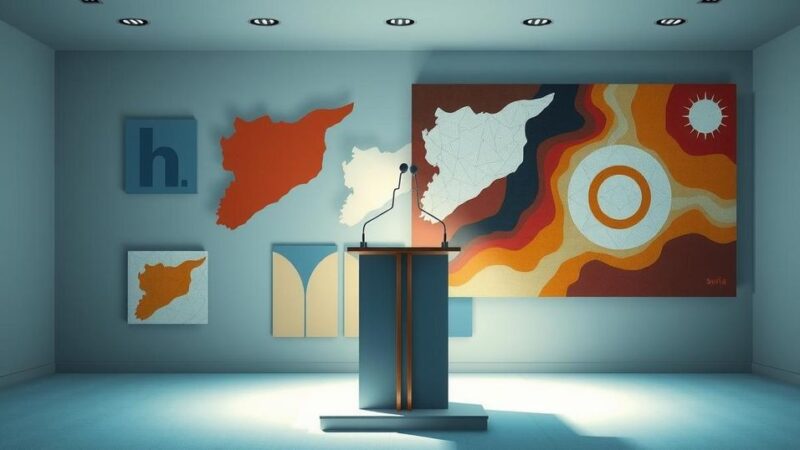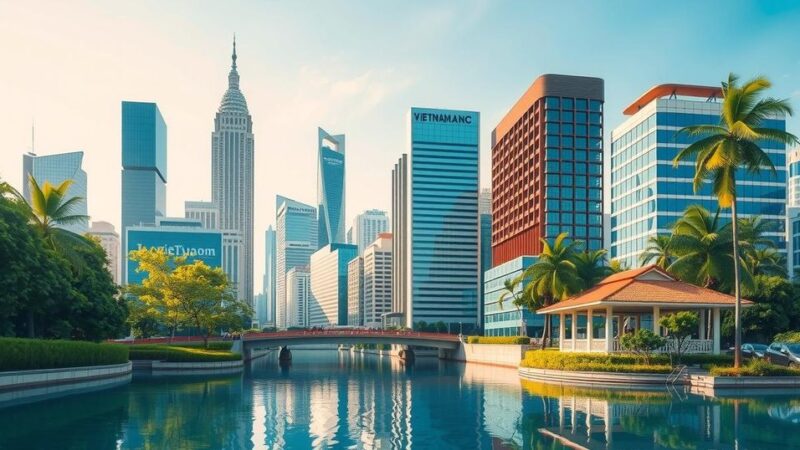The UK urges Sudan and South Sudan to resume discussions regarding Abyei’s political status, highlighting the importance of UNISFA in maintaining peace. Concerns about armed violence, humanitarian conditions, and military presence in Abyei were raised during a recent UN Security Council meeting led by UK diplomat James Kariuki.
South Sudan and Sudan must re-initiate dialogue to address the political status of Abyei, as emphasized by Ambassador James Kariuki, the UK Deputy Permanent Representative to the UN. During a recent meeting of the United Nations Security Council, Kariuki expressed concern regarding the stagnation in reaching a political solution for Abyei. He acknowledged the critical role of the UN peacekeeping mission in Abyei (UNISFA) in maintaining stability in a region characterized by vulnerability. Kariuki noted that, despite ongoing tensions, the Secretary-General’s report indicates no intercommunal conflicts since April, suggesting a positive development compared to previous instances of heightened security threats. He stressed the necessity of supporting UNISFA to further uphold its mandate in the area. Furthermore, he urged the South Sudan and Sudan governments to alleviate any hindrances to UNISFA’s operational effectiveness, specifically calling for the expedited issuance of visas for UN civilian and police personnel. The UK government reiterated its plea for the South Sudanese leaders to withdraw their military forces from Abyei, citing that their presence undermines the region’s demilitarized status and contravenes the 2011 Status of Forces Agreement. Kariuki expressed grave concern over the adverse effects of the ongoing conflict in Sudan, particularly its repercussions for the humanitarian and security situations in Abyei, with thousands of refugees having fled to the area. Moreover, he highlighted alarming evidence of arms proliferation within Abyei, which poses further security risks. In essence, he urged all parties involved to allow for the reopening of the Athony airstrip to enhance humanitarian access and support UNISFA’s operational endeavors. The UK anticipates constructive engagement in the forthcoming mandate renewal discussions for UNISFA, recognizing the mission’s heightened importance amid escalating conflicts in both Sudan and South Sudan.
The ongoing situation regarding the Abyei region remains a pivotal concern in the relations between Sudan and South Sudan. Abyei, a contested area located along the border of the two nations, has faced significant political and security challenges since South Sudan’s independence in 2011. The presence of UNISFA reflects the international community’s commitment to maintaining peace and stability in this fragile region. The diplomatic dialogue holds paramount importance in addressing the complexities surrounding Abyei’s status, particularly in light of ongoing conflicts that threaten humanitarian conditions and regional security.
In summary, the UK diplomatic stance advocates for renewed dialogues between Sudan and South Sudan to resolve the political situation surrounding Abyei. The emphasis on supporting the UN peacekeeping mission in the area underlines its critical role in maintaining peace. The call for the withdrawal of military forces and facilitation of humanitarian access further illustrates the urgent need for collaborative efforts to address the pressing challenges faced by Abyei and its inhabitants.
Original Source: sudantribune.com






